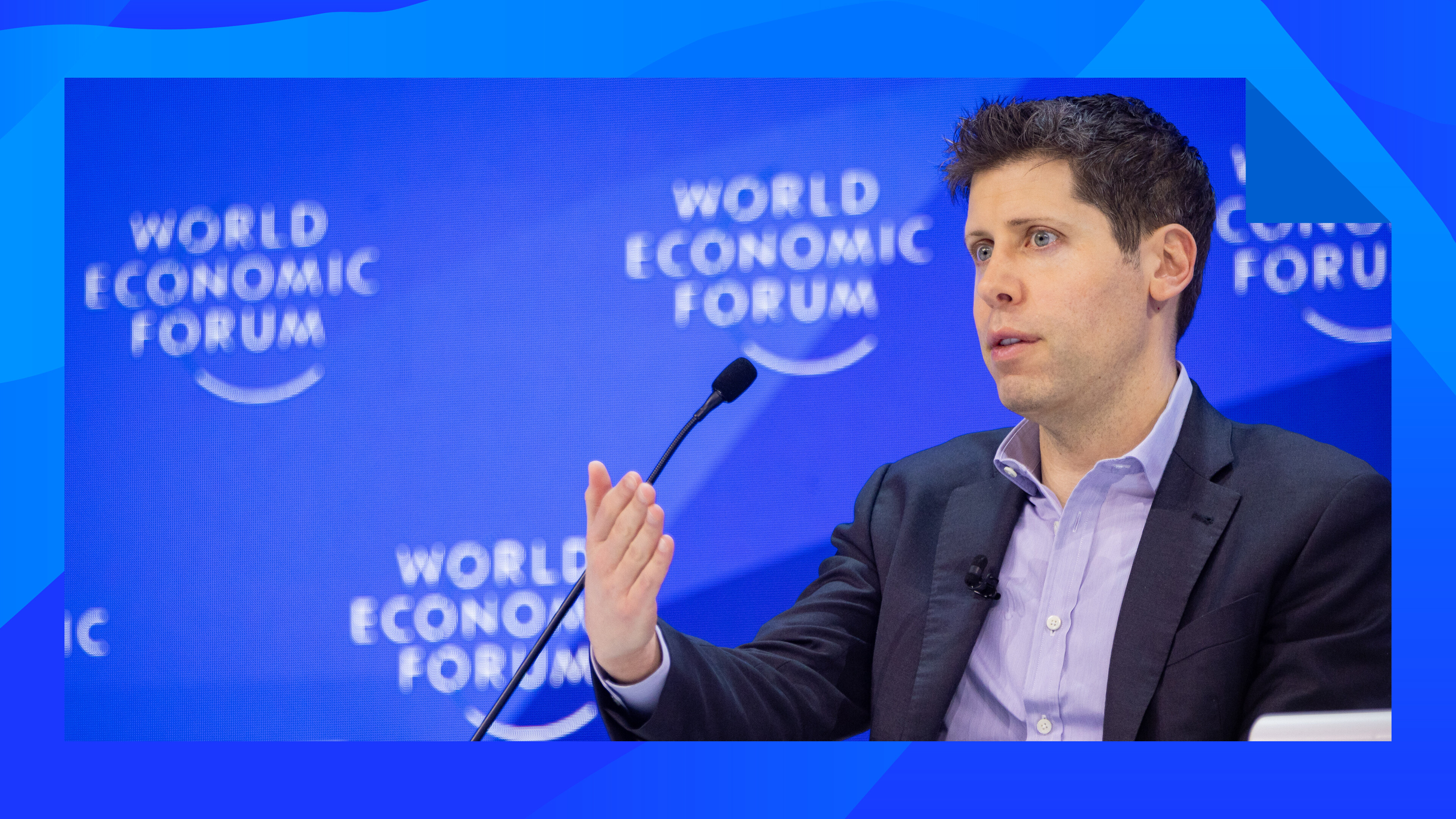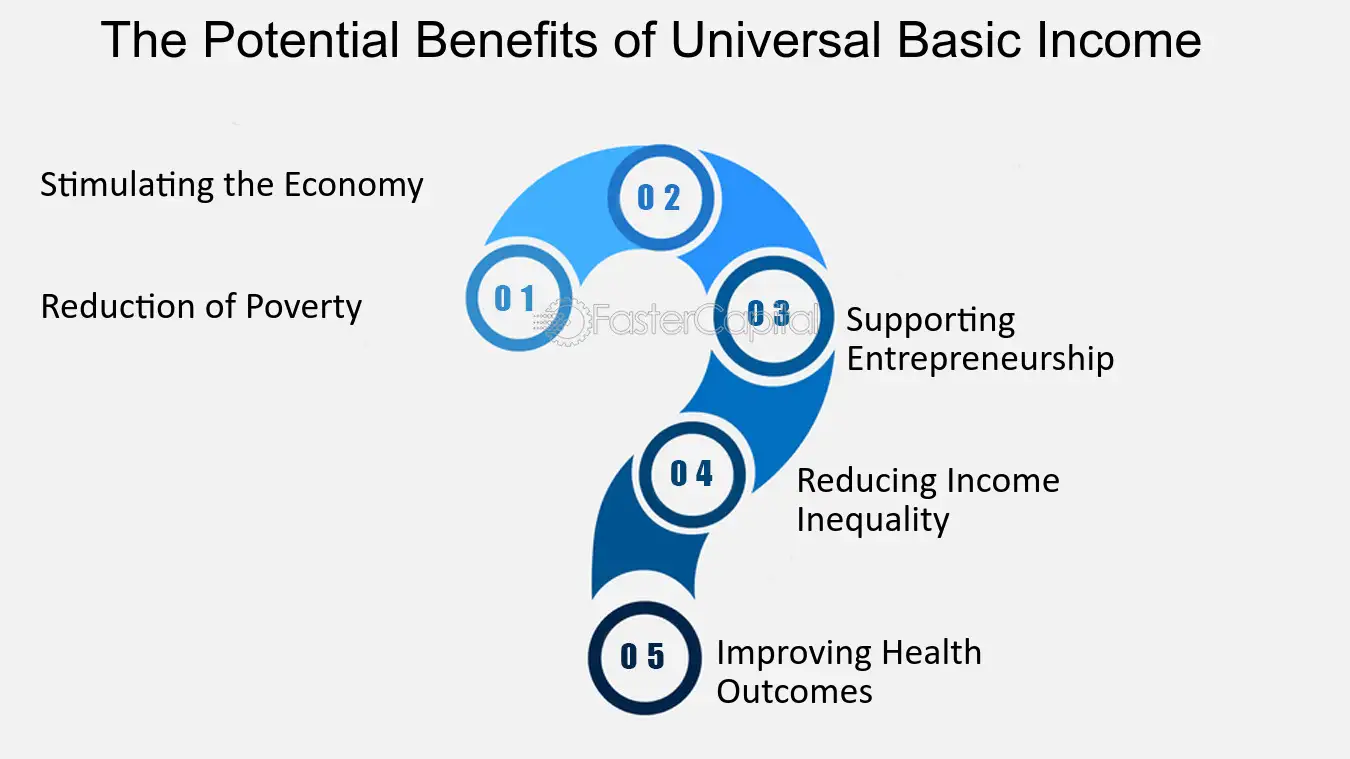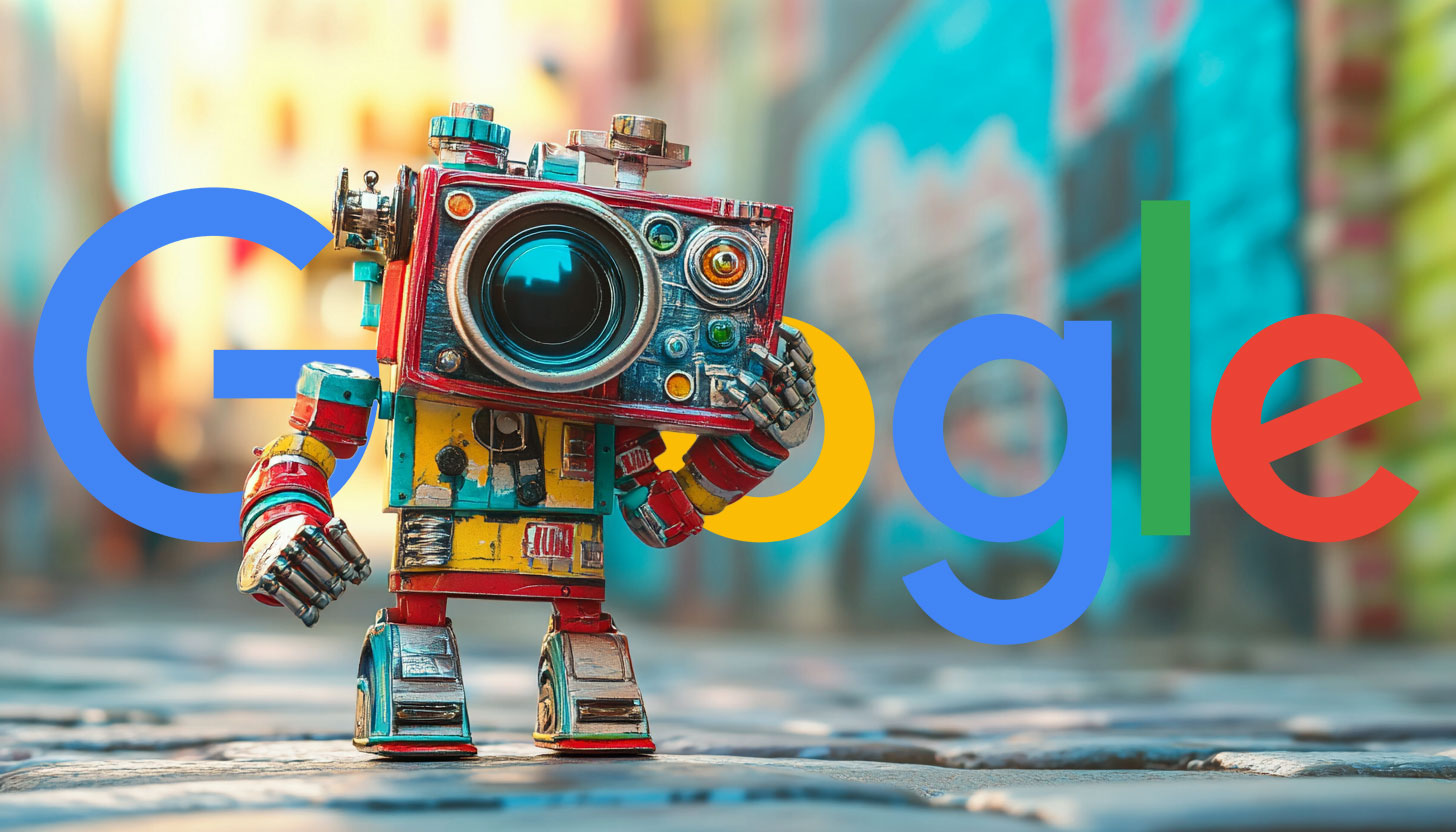Generative AI
Unconditional Cash Shows Promising Results in Major Study, But AI Is Not the Driving Argument
26 July 2024
|
Zaker Adham
A groundbreaking study funded by OpenAI’s CEO Sam Altman demonstrates the benefits of unconditional cash, independent of AI advancements.

This large-scale experiment, conducted from November 2020 to October 2023, provided 1,000 recipients with $1,000 per month, showcasing the impact of direct cash transfers on people's lives.
Unlike smaller, shorter trials, this extensive study, supported by Altman’s vision of addressing potential AI-induced job losses, highlights that unconditional cash can be an effective anti-poverty measure. However, the findings suggest that basic income’s merits stand on their own, without needing to tie them to fears of AI-driven unemployment.
Study Insights:
The research, known as the "Unconditional Income Study," involved participants aged 21 to 40 from Texas and Illinois, with incomes below 300% of the federal poverty line in 2019. Recipients used the cash primarily for housing, food, and transportation, leading to a modest reduction in labor market participation. Participants worked about 1.3 hours less per week, translating to eight fewer days of work annually.
Despite the slight decrease in work hours, the study did not support the notion that unconditional cash would lead to widespread job abandonment. Instead, recipients reported improved mental well-being, reduced stress, and better food security, although these benefits diminished over time.
Health Impact:
Surprisingly, the cash transfers did not significantly improve physical health, though recipients visited healthcare providers more frequently and spent slightly more on medical care. This suggests that while cash transfers offer flexibility, targeted healthcare interventions might be more effective for improving health outcomes.
Conclusion:

The study reaffirms the potential of basic income as a robust anti-poverty tool, regardless of AI’s impact on the job market. The movement for basic income might benefit from focusing on its inherent advantages rather than speculative AI-related fears. By delinking basic income from AI, advocates can emphasize its proven ability to reduce poverty and provide financial stability.




